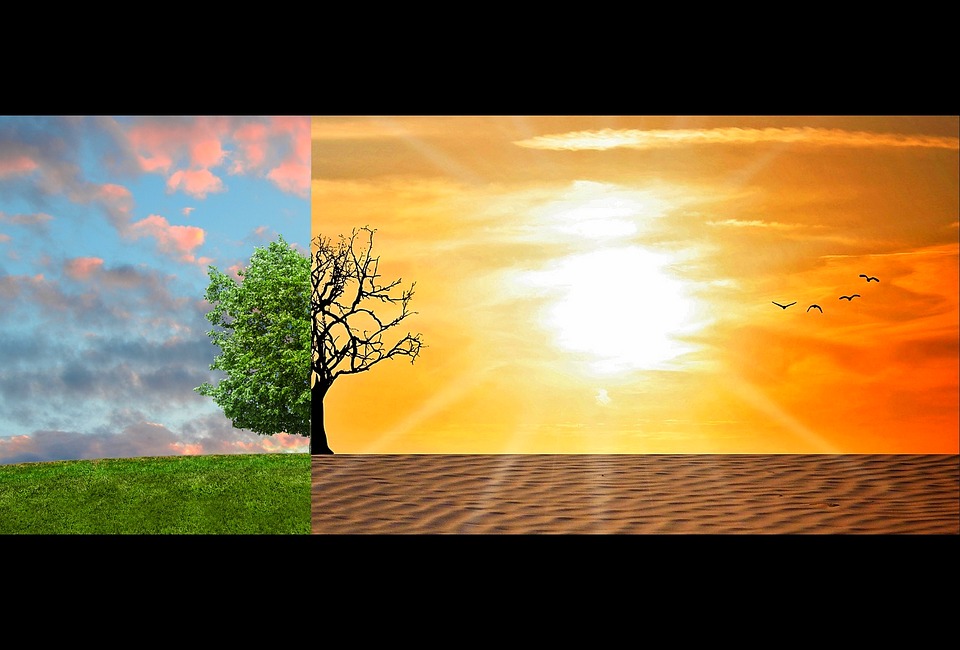“While the number of weather-related disasters – such as floods, storms and drought – has risen in the past 50 years, the number of deaths caused by them has fallen because of improved early warnings and disaster management.”
.
There’s no point in overstating the case about climate change and its effects on us – as any exaggerated claims will only backfire. This warning is from 2010:
Dire or emotionally charged warnings about the consequences of global warming can backfire if presented too negatively, making people less amenable to reducing their carbon footprint, according to new research.
Doomsday messages about global warming can backfire, study shows — ScienceDaily
Although, as pointed out in 2019, scientists are by nature cautious:
While climate skeptics and deniers often accuse scientists of exaggerating the threats associated with the climate crisis, the available evidence suggests the opposite. By and large, scientists have either been right in their assessments, or have been unduly conservative.
Journalists tend to be less cautious.
Back in November last year, a Panorama special looked at the effects of climate change on our weather:
Wild Weather: Our World Under Threat
Wildfires, dust storms, floods. If it feels as if we’re living in a dystopian world where freak weather events are becoming commonplace – that’s because, well … we are. Panorama’s Justin Rowlatt investigates how this is affecting civilisation, including the people of Madagascar who are on the brink of the world’s first climate change-induced famine. They’re not exactly easy realisations to digest, but that surely just proves how important it is to stay tuned.
TV tonight: how the climate crisis is turning our weather wild | Television & radio | The Guardian
The programme was reshown on US TV:
Wild Weather: Our planet under threat – Four Corners
However, it sparked two complaints investigated by the BBC’s Editorial Complaints Unit (ECU) – which has found that a number of false claims were made. As covered by today’s Mail:

The introduction of Wild Weather said ‘the death toll is rising around the world and the forecast is that worse is to come’. The ECU said this risked giving the impression the rate of deaths from extreme weather-related events was increasing.
In fact, as noted by a recent report from the World Meteorological Organisation, while the number of weather-related disasters – such as floods, storms and drought – has risen in the past 50 years, the number of deaths caused by them has fallen because of improved early warnings and disaster management…
The ECU also considered the language used in the programme about drought. It agreed the evidence showed southern Madagascar had suffered lower-than-average seasonal rainfall in recent years, and that climate change was one factor contributing to famine in the country. It also noted the reporter’s language mirrored that used by the UN’s World Food Programme.
But the ECU added: ‘The statement that Madagascar was on the brink of the world’s first climate-induced famine was presented without qualification, whereas other evidence available prior to broadcast suggested there were additional factors which made a significant contribution to the shortage of food. The complaint was therefore upheld.’
As one commentator has told the VGS:
So many people will have had their fears stoked by this. Probably including those who interrupted Priti Patel’s speech, shouting claims that refugees were being driven from their homes by ‘extreme Climate Change’.